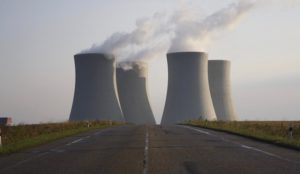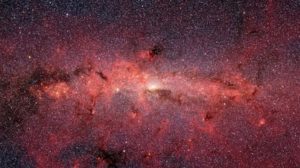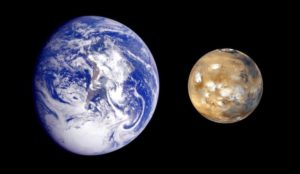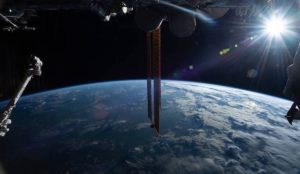
Guillermo Gonzalez


What Astrobiology Teaches about the Origin of Life

Freeman Dyson: The Passing of an Iconoclastic Physicist

Natural and Artificial Nuclear Reactors: Evidence of Purpose in Energy Production?

Earth — The Mystery of Our Colorful Home

A Crisis in Cosmology?

Remembering the First Manned Moon Landing at 50; What Does the Future Hold?

Plate Tectonics: Why Life Is Served on Plates

On the 15th Anniversary of The Privileged Planet: An Update






































